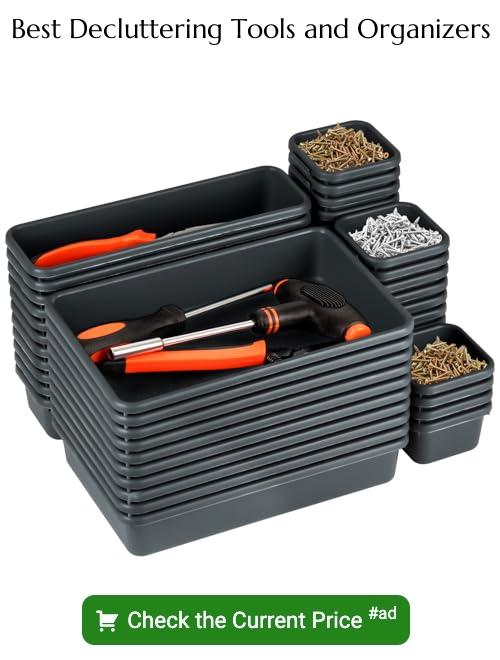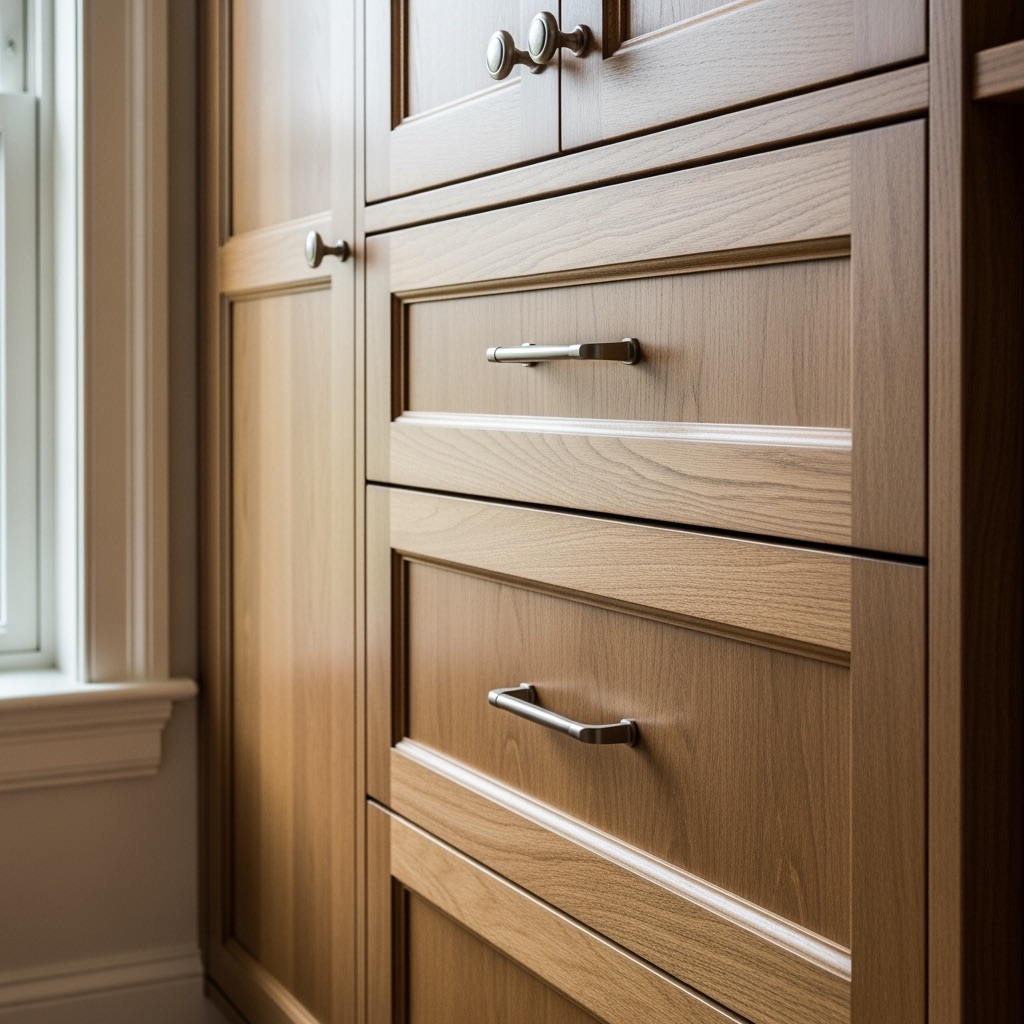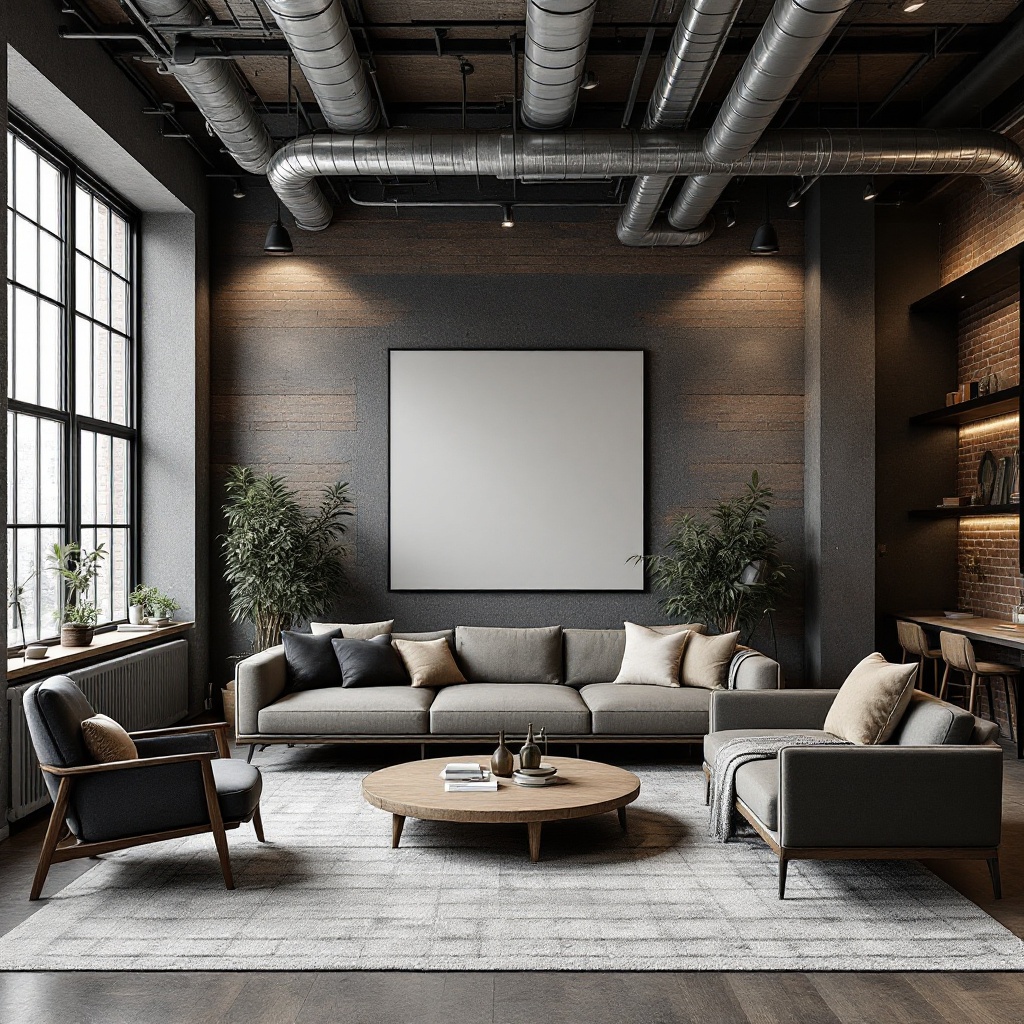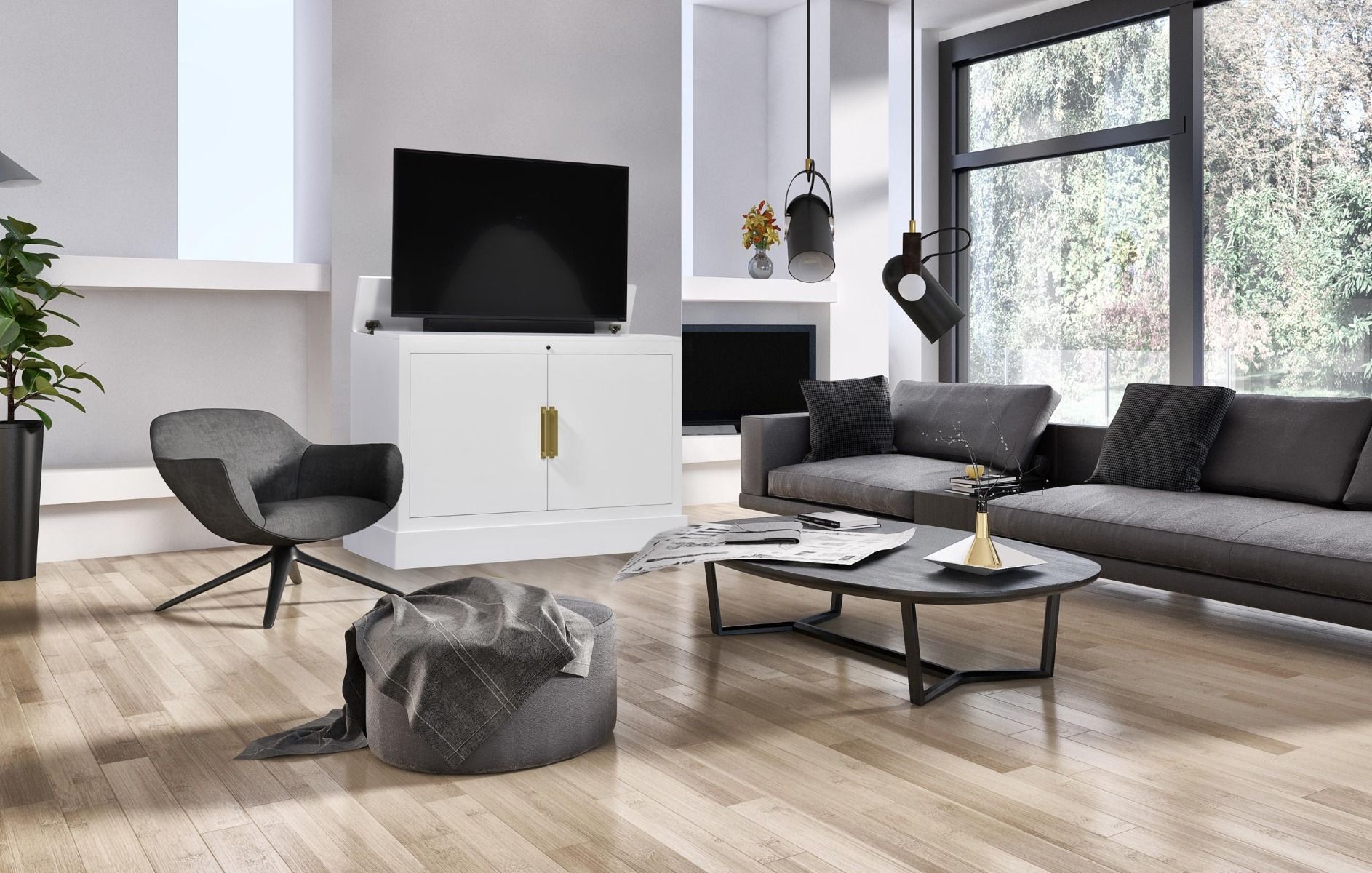Last updated on
The sheer volume of unwanted items can be overwhelming when decluttering or preparing for a move. Deciding what to keep and what to discard is often fraught with doubt and second thoughts.
Unfortunately, amidst the stress of packing and organizing, many people usually overlook removing items that they later regret holding onto. Understanding these commonly regretted items can save time, space, and future headaches.
Read on to learn the most common items people regret not removing.
Why People Regret Not Decluttering Sooner
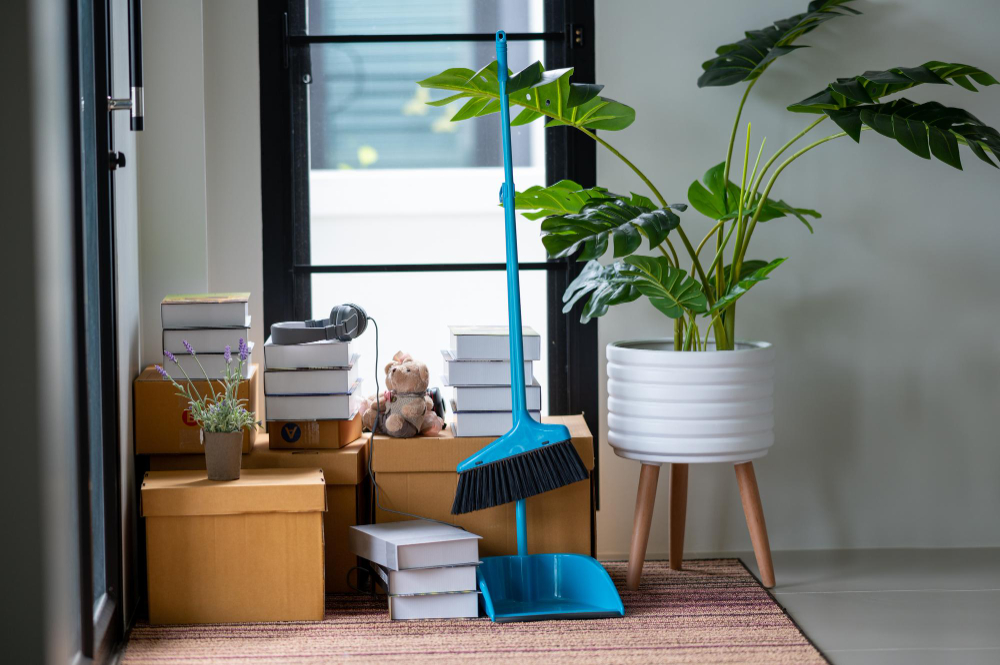
Regret after decluttering usually stems from the rushed decisions made during stressful times or the sentimental value attached to items. The key is to start decluttering before any move or significant life change.
For those unsure about how to start the process or estimate the cost and effort involved in junk removal, the resources on how to estimate junk removal can be handy. These resources can help make informed decisions about what to keep and what to discard, ensuring that no item is forgotten or unnecessarily retained.
Outdated Electronics
One of the most common categories of items people regret not discarding is outdated electronics. As technology evolves rapidly, old gadgets quickly become obsolete and are replaced by newer models.
However, many cling to old cell phones, outdated computers, or old TVs out of habit or the mistaken belief that they may need them again. If not disposed of properly, these items consume valuable space and pose environmental hazards. It is advisable to recycle electronics through certified e-waste recycling programs.
Clothes That No Longer Fit or Are Unworn
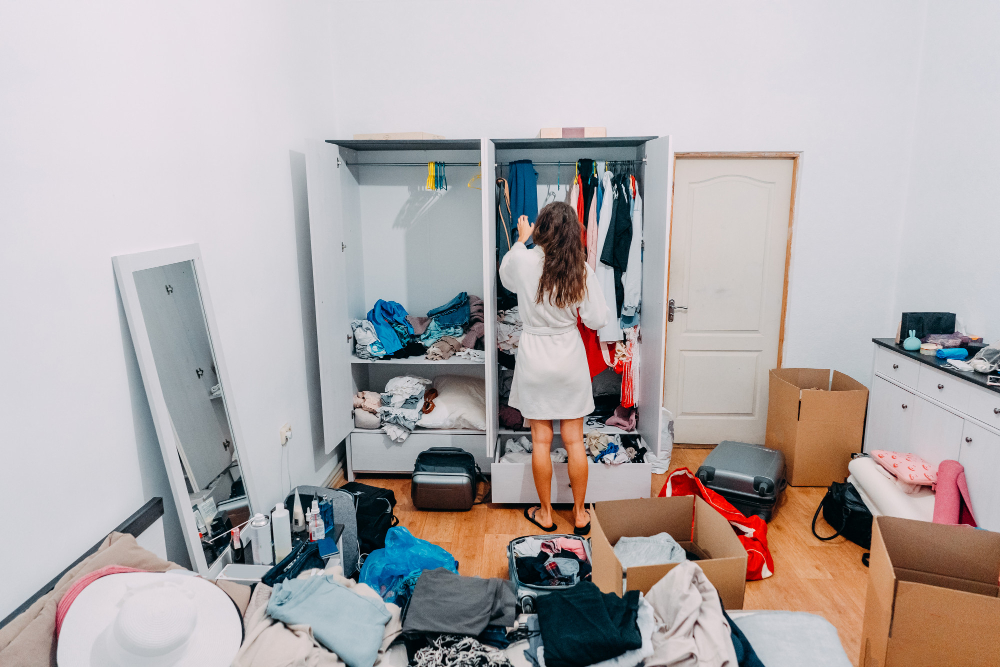
Clothing is another major category where regrets occur. Closets are often filled with items that no longer fit, have gone out of style, or were impulse buys that were never worn. These pieces take up space and can make managing wardrobe choices more cumbersome.
A good rule of thumb is to remove items worn over a year ago. Donating these clothes to charity or selling them online can free up closet space and provide relief.
Unused Exercise Equipment
Many individuals purchase exercise equipment inspired by new fitness goals. However, items like treadmills, stationary bikes, or weights often become unused, serving as room fillers. This wastes valuable living space and represents a sunk financial investment.
To tackle this issue, one can sell or donate these items. Platforms like online marketplaces or local community centers provide avenues to repurpose this equipment, helping others who might actively use it while decluttering the home efficiently.
Books That Won’t Be Read Again
Books often bring comfort and aesthetic value to a home, but when shelves start overflowing, it might be time to reevaluate the collection. Many books are read once and then forgotten or kept for sentimental reasons rather than genuine intent to revisit.
Donating such books to libraries and schools or participating in community book swaps clears space and enriches others’ lives. This gesture of sharing knowledge and stories can be incredibly fulfilling and environmentally friendly.
Old Magazines and Papers
Old magazines and papers can quickly transform from helpful reading and reference materials to clutter. While the initial intent is often to keep them for future reference, they generally pile up, taking valuable space and rarely being revisited. Digitizing important documents or clipping critical articles can preserve the information without the physical mess.
Recycling the remaining papers and magazines helps decrease the risk of fire hazards and can significantly declutter one’s living or workspaces, creating a cleaner and more organized environment.
Expired Medications and Cosmetics
Expired medications and cosmetics clutter space and pose serious health risks if used beyond their expiration dates. Medications lose potency and may not effectively treat conditions, while expired cosmetics can lead to skin irritations or infections.
Proper medication disposal methods, such as drug take-back programs and replacing old cosmetics with fresh products, ensure safety and cleanliness in personal care routines. Regularly auditing these items can prevent health hazards and accessible up space in medicine cabinets and vanities.
Craft Supplies That Are Never Used
Craft supplies often accumulate as ambitious projects are envisioned but not realized. Materials like yarn, fabric, beads, or paper can fill crafting spaces, making them chaotic and less functional. Evaluating the realistic use of these items can prevent wasteful accumulation.
Donating unused supplies to schools, community centers, or local craft groups declutters the space and supports educational and recreational activities. This act fosters creativity within the community while effectively managing one’s resources and storage areas.
The Takeaway
Decluttering is an ongoing process that requires periodic reassessment of what is truly necessary or meaningful. Individuals can enjoy a more organized and spacious living environment by avoiding the common regret of not removing certain items. Remember, letting go of unnecessary belongings frees up physical space and provides mental clarity and peace.
Recap
